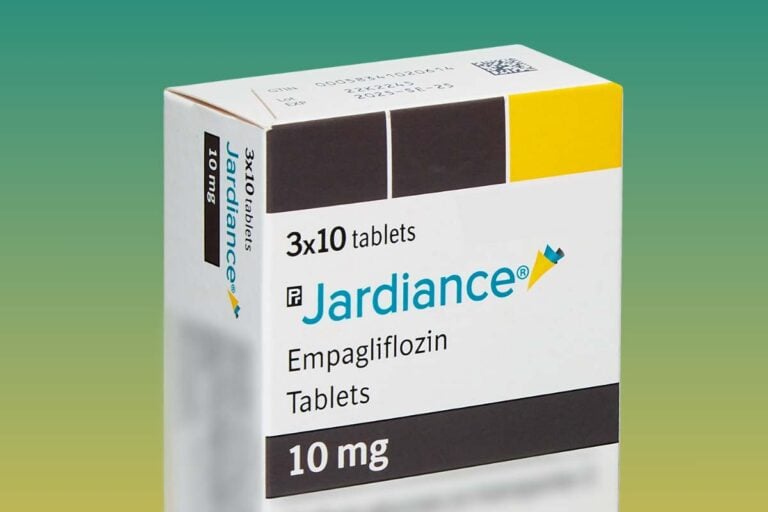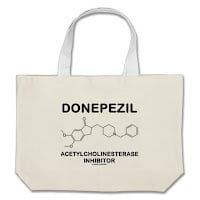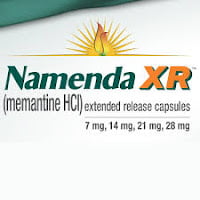
Shingles Vaccine Rollout Surprisingly Reduces Dementia
New research hints at a simple, widely available vaccine that may help protect brain health.

New research hints at a simple, widely available vaccine that may help protect brain health.

NEW RESEARCH: A diabetes medication already helping millions, called Jardiance, improves memory, strengthens blood flow, and supports overall brain health in pre- and early Alzheimer’s.

Stanford Medicine’s new analysis of a vaccination program found shingles vaccines appear to lower dementia diagnoses by 20% — more than any other known intervention.

In an Alzheimer’s study, insulin delivered high up in the nasal cavity achieved lasting results in improving memory. Find out why Dr. W. Banks calls this “one of those studies where everything is coming together.”

Three FDA-Approved drugs, terazosin, doxazosin, and alfuzosin, have a happy side effect; they boost energy production in brain cells. New studies suggest this slows or prevents Dementia with Lewy Bodies.

People with Parkinson’s were given the oral drug rivastigmine (brand name Exelon®). They were 45% less likely to fall and were considerably steadier when walking. Learn more about this dementia drug and fall prevention.

DRUGS: Long-term antibiotic treatment decreased Alzheimer’s-causing plaques in the lab. It also helped the brain fight inflammation by enhancing the neuroinflammatory activity of microglial cells.

GOOD NEWS: Donepezil (Aricept®), approved for Alzheimer’s, also passed a long-term trial for Dementia with Lewy Bodies (DLB). Get the details on the medicine’s positive

OFF-LABEL MEDICATIONS: Memantine (Namenda / Ebixa) is FDA-approved for Alzheimer’s. Learn how it significantly improves memory and attention in Lewy Body Disease, Parkinson’s and various

OFF-LABEL: An approved prescription drug for high blood pressure is showing promise against Parkinson’s, Huntington’s and other forms of dementia, in experimental studies in the

People with dementia are enjoying yoga and dance classes at the Alzheimer’s Association. See why caregivers find the classes “EXTREMELY helpful.”

Swiss researchers find that people with certain personality traits are protected against Alzheimer’s disease, including those who are less agreeable, had natural curiosity, and were nonconformists. Find out why.

Learn about ‘personalized music for dementia’ and its powerful effect on Alzheimer’s. See the Director of the hit film, ‘Alive Inside’, on the dementia-impact of music.

People with dementia are enjoying yoga and dance classes at the Alzheimer’s Association. See why caregivers find the classes “EXTREMELY helpful.”

Swiss researchers find that people with certain personality traits are protected against Alzheimer’s disease, including those who are less agreeable, had natural curiosity, and were nonconformists. Find out why.

Learn about ‘personalized music for dementia’ and its powerful effect on Alzheimer’s. See the Director of the hit film, ‘Alive Inside’, on the dementia-impact of music.

The brush strokes are precise, the colors vibrant. See a Colorado art program help patients rise above dementia, while the paintings raise money for The Alzheimer’s Association.
No spam, only news and updates.


